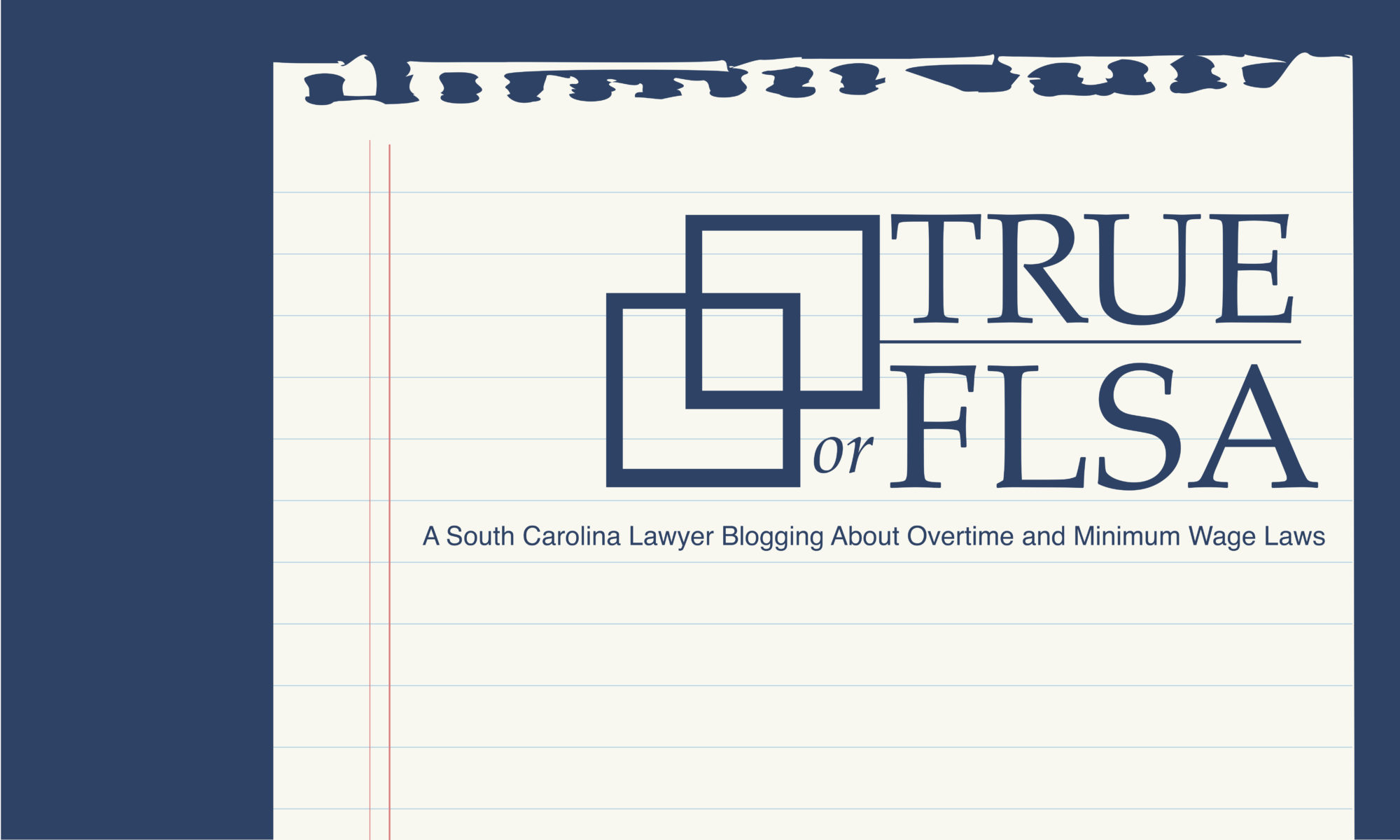The U.S. Department of Labor (“DOL”) recently announced a new Final Rule regarding compensation under the Fair Labor Standards Act (“FLSA”). Generally, the rule addresses how companies should calculate an employee’s “regular rate of pay,” including what other fringe benefits or payments should be included in that regular rate. The regular rate of pay is extremely important because that rate determines an employee’s overtime rate (1.5 x regular rate, called time and a half). The rule goes into effect tomorrow, on January 15, 2020.
The DOL updated this rule to add specific exclusions of certain types of benefits from the final regular rate calculation. So, for example, if an employer provides gym access or wellness programs to its employees, then the value of those benefits is NOT included in your regular hourly rate. The full list of exclusions can be found at this link.
The goal for this rule update is to clarify for employers what benefits can be excluded so that employers do not feel constrained in providing these types of benefits to its employees. Before the new rule, some employers may not have provided such benefits just because they didn’t want to have to add those benefits to an already-complicated calculation.
For employees in South Carolina, this will mean that your regular hourly rate of pay is calculated primarily by your wages (hourly or commission), plus some other benefits. If you have questions about whether you have been misclassified under the FLSA and would therefore be owed up to three years of unpaid overtime pay, then you should speak with an unpaid overtime lawyer in South Carolina immediately to determine your rights and your remedies.

Do I as a salary employee become entitled for over time pay. I get paid for 40 but mandated to work 48 and actually work 60
That is a fact specific analysis that depends on your title, job duties, level of management, and other factors. You can contact an employment lawyer in your state for a fact-specific consult, which should help you determine whether or not you should be paid overtime.